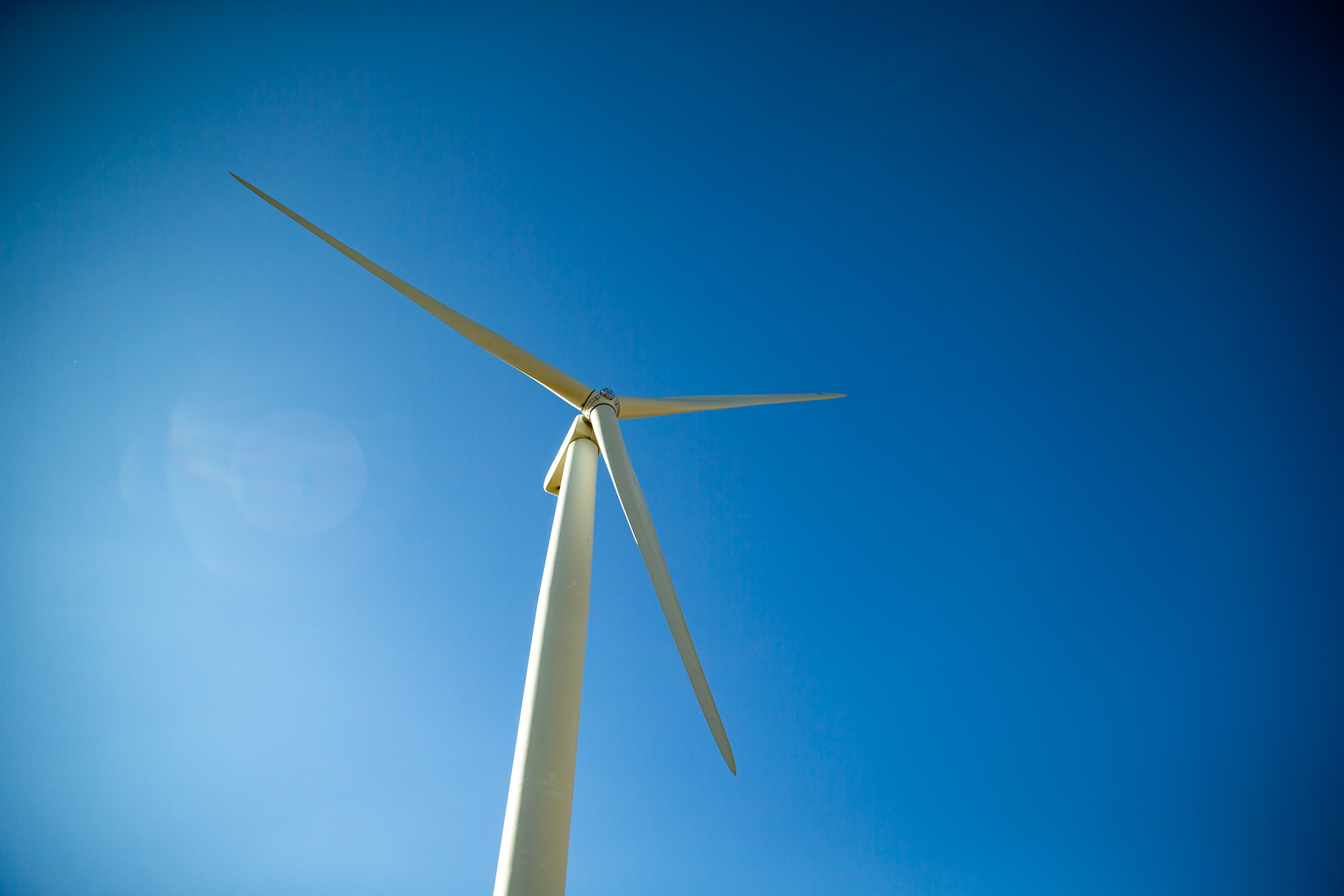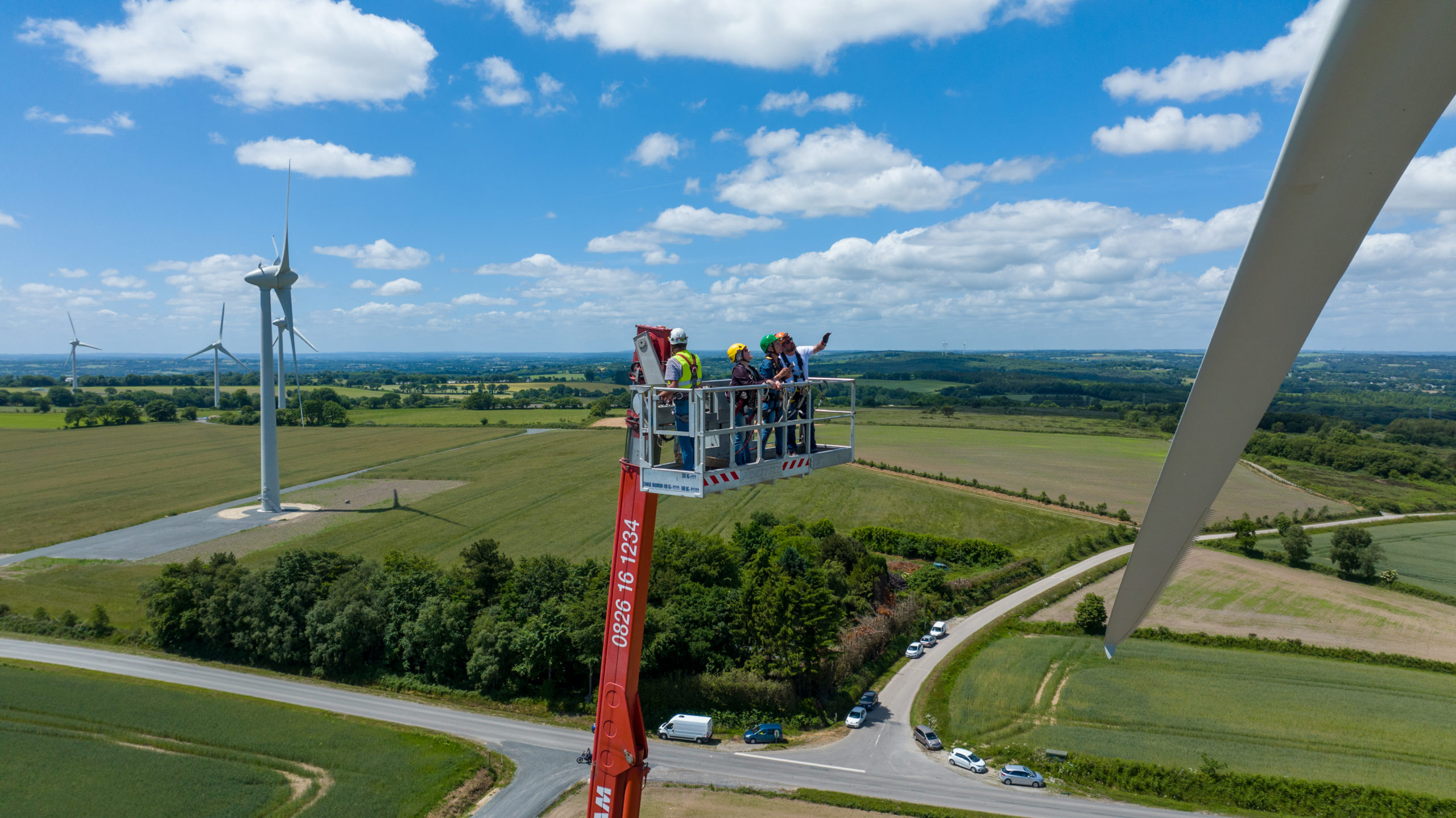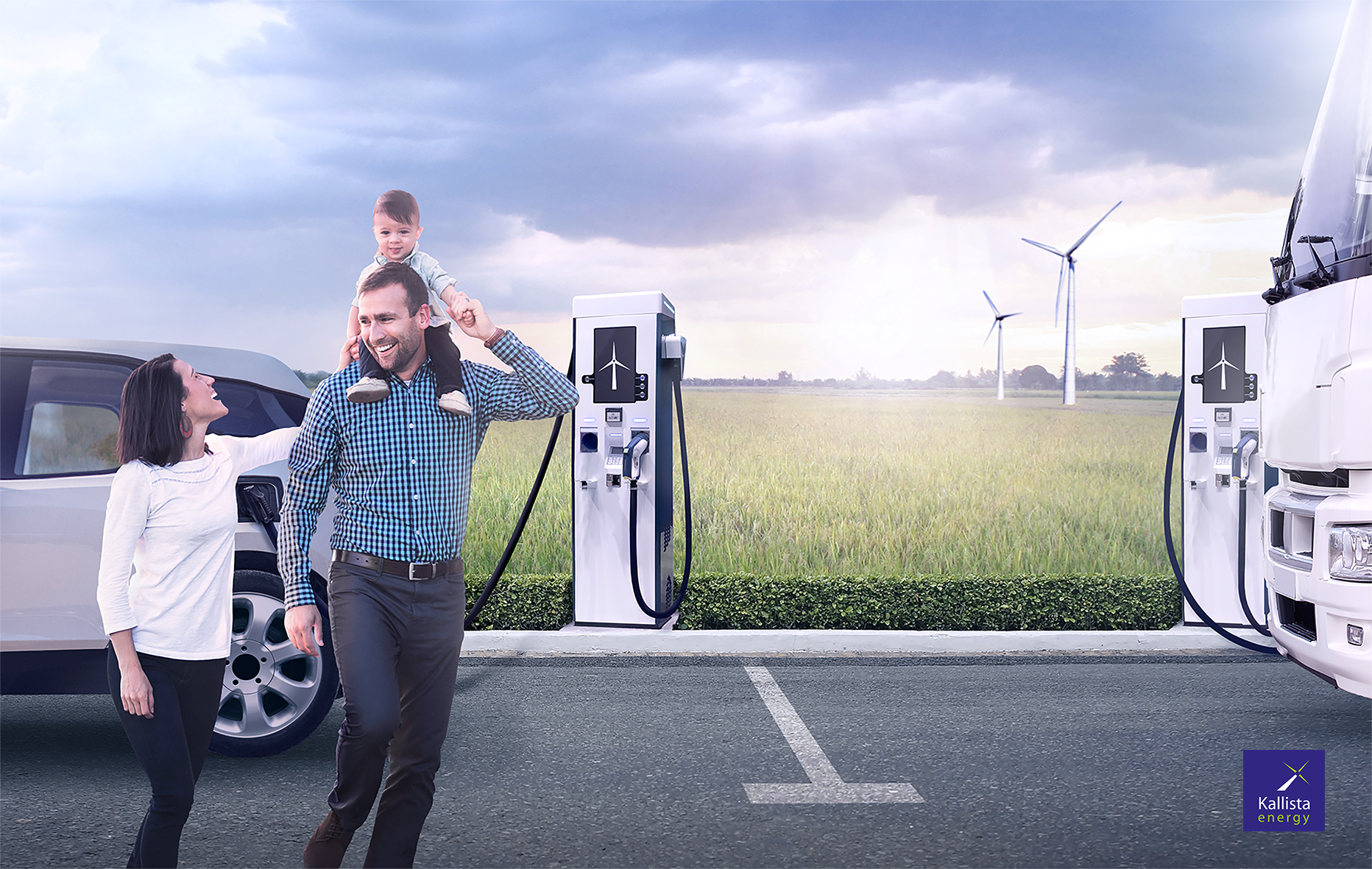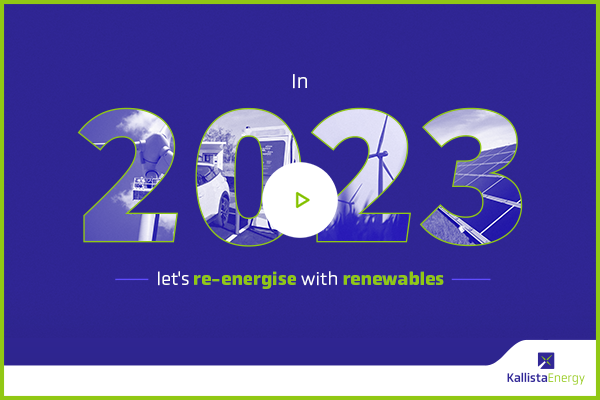Press release
Independent energy producer Kallista Energy is investing in a network of ultra-fast charging stations powered directly from renewable energy sources, along and around France’s motorways and other major roads. The network will be capable of charging all makes and models of cars at power levels ranging from 50 to 350 kW, to provide enough power to drive 300 km with just 10 minutes of charging. The pricing will be the same for all users, the aim being to allow motorists to charge their battery starting from €15[1]. The charging stations will be able to adapt as electric vehicle traffic develops, accommodating 8 to 48 charging points and, subsequently, hydrogen production and energy storage units. The first stations will come into service from 2024.
The development of electric vehicles will accelerate considerably over the coming years: 1 million electric, plug-in hybrid or hybrid vehicles, will be produced per year by 2025[2], more than 3.5 million electric vehicles are expected between now and 2028, and up to 15 million by 2035[3]. Whether these targets are met will depend to a large extent on the availability and reliability of charging points. As electric vehicle traffic grows, the number of available charging points will also have to grow, particularly for long journeys on motorways or other major roads. What is more, the French government’s multi-year energy plan provides for 36% of all electricity to be generated from renewable sources in 2028[4].
The network of charging stations of Kallista Energy aims to meet both challenges at the same time.
Kallista Energy will roll out 80 charging stations along motorways and other major roads, with the locations chosen to enable electric car users to drive all the way across France. The stations will be equipped with ultra-fast charging points capable of delivering up to 350 kW. At that power level, 10 minutes’[5] charging will give a vehicle enough charge to cover 300 km, compared with 1 hour 10 minutes with one of today’s “fast” 50 kW charging points. The stations will offer Combo CSS and CHAdeMo connectors. They will be open to all electric car drivers, regardless of the make and model of their vehicle, the aim being to make ultra-fast charging less expensive than a tank of petrol. In current market conditions, that would mean a target price of around €0.30 per kWh, or a full battery from €15[6], compared with €27 to €39 today.
The network’s charging stations will be powered directly by 100% renewable electricity from nearby wind turbines. Two wind turbines will produce the equivalent of the energy required to drive 10 million kilometres a year. The electricity not used for charging will be injected into the national grid and help increase the share of renewable energy in France’s energy mix. When there is not enough wind to meet the stations’ needs (which is the case for less than 20% of the year), electricity will be sourced from the national grid, from suppliers offering 100% renewable power.
The stations in the network will be capable of adapting to growing electric vehicle traffic. They will be able to expand from 8 to 48 charging points without any additional grid connection work. Later, they will be able to accommodate a hydrogen production unit, in the event that significant technological advances are made with that technology in the next few years. They will also be able to incorporate an electricity storage unit if needed. Thanks to decentralised electricity generation, Kallista Energy’s charging network will have a positive economic impact on the regions where the renewable energy systems are installed and will make ultra-fast charging accessible in areas where the national grid does not yet have the capacity to supply such power.
The network’s first charging stations will come into operation from 2024 to accompany the rise of electric vehicles. Kallista Energy has signed a partnership agreement with Enercon, a well-recognised global actor in the renewable energy sector, in particular for the reliability of its equipment, who will supply the charging points and wind turbines. A pilot station will be installed in 2021 to test the user experience so that motorists are guaranteed a high-quality service as soon as the network comes into operation.
“Our national network of charging stations enables us to anticipate the needs that will emerge with the rise of the electric vehicle. Our ambition is to offer all motorists ultra-fast charging at an affordable price. It will be possible because we produce our electricity ourselves through wind power, which is not only competitive, but also contributes to our country’s environmental goals. The need for an energy transition is one of the priorities most clearly highlighted by the recent health crisis,” explains Frédéric Roche, President of Kallista Energy.
“Thanks to wind energy, the grid connection at each station is already capable of accommodating 8 to 48 charging points. The wind turbines and charging points use the same tried and tested technology, guaranteeing reliability. We are also working on an intelligent control system between the charging points and the vehicles to make long journeys in electric cars simple and stress-free,” explains Johann Tardy, Managing Director of Kallista Energy.
“Kallista Energy’s project is excellent news for our customers. Groupe PSA has launched a major offensive to electrify its range, with 13 models and a 100% electric mobility object available already. This ultra-fast charging project using renewable energy is the perfect match for the customer experience we want to offer, as well as the technology we are developing, particularly 80% charging in 30 minutes for our 100% electric vehicles. That is the central purpose of our Group: to ensure freedom of movement by providing safe, sustainable and affordable mobility,” explains Anne-Lise Richard, Head of the Electric Vehicles Business Unit of Groupe PSA.
“The emergence of new charging networks is good news in terms of increasing adoption of electric vehicles and keeping our customers satisfied. We therefore welcome Kallista Energy’s project, which aims to promote long-distance electric travel for the general public,” says Yasmine Assef, Director of New Energy and Infrastructure Businesses Programme of Groupe Renault.
Media contact: Nishal Ramdoo | +33 (0)1 58 22 27 37 | nramdoo@KallistaEnergy.com
[1] Euros 2020. Estimated cost of charging a 50 kWh battery, like an e-208 or a Zoé.
[2] https://www.economie.gouv.fr/covid19-soutien-entreprises/mesures-plan-soutien-automobile
[3] https://www.rte-france.com/sites/default/files/electromobilite_synthese_9.pdf
[4] https://www.ecologique-solidaire.gouv.fr/programmations-pluriannuelles-lenergie-ppe
[5] Charging speed will be determined by the charging power the car allows and the amount of charge already in the battery.
[6] See note 1.



